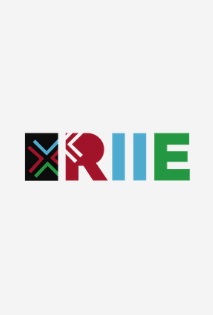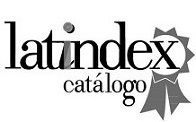Public lecture on native populations. Universidad Nacional de la Patagonia San Juan Bosco: experiences, questioning and challenges
DOI:
https://doi.org/10.30972/riie.083660Keywords:
Indigenous youth, indigenous populations, higher education, right to education, interculturalityAbstract
The Public Lecture on Native Populations was created in 2008, by the University Extension Secretariat of the Universidad Nacional de la Patagonia “San Juan Bosco”, and has been developing several projects focused on articulating, linking and promoting the rights of native populations in the province of Chubut, Patagonia, Argentina.
The aim of this lecture is to provide a social answer to specific requests made by the authorities of indigenous communities to the University, and therefore proposing a curriculum that has adopted special features, spreading throughout a wide area. This article is intended to describe all the experiences, questionings and challenges that are faced every day, but have specially allowed the achievement of all the objectives; such us becoming part of an area of intercultural education in the university. Cultural diversity based on traditional knowledge and values and as a way of learning is the focus of the activities and syllabi developed by the Public Lecture on Native Populations. The different lines of work have a common denominator, which is to promote greater spaces of visibility and articulation of the natives populations, spaces that translate into experiences both within the “university community” (non-teaching and teaching personnel, students and officials) and outside the University, moving the classrooms to indigenous lands.
Downloads
Downloads
Published
How to Cite
Issue
Section
License
Aquellos autores/as que tengan publicaciones con esta revista, aceptan los términos siguientes:
- Los autores/as conservarán sus derechos de autor y garantizarán a la revista el derecho de primera publicación de su obra, el cuál estará simultáneamente sujeto a la Licencia de reconocimiento de Creative Commons que permite a terceros compartir la obra siempre que se indique su autor y su primera publicación esta revista.
- Los autores/as podrán adoptar otros acuerdos de licencia no exclusiva de distribución de la versión de la obra publicada (p. ej.: depositarla en un archivo telemático institucional o publicarla en un volumen monográfico) siempre que se indique la publicación inicial en esta revista.
- Se permite y recomienda a los autores/as difundir su obra a través de Internet (p. ej.: en archivos telemáticos institucionales o en su página web) antes y durante el proceso de envío, lo cual puede producir intercambios interesantes y aumentar las citas de la obra publicada. (Véase El efecto del acceso abierto).






.jpg)




